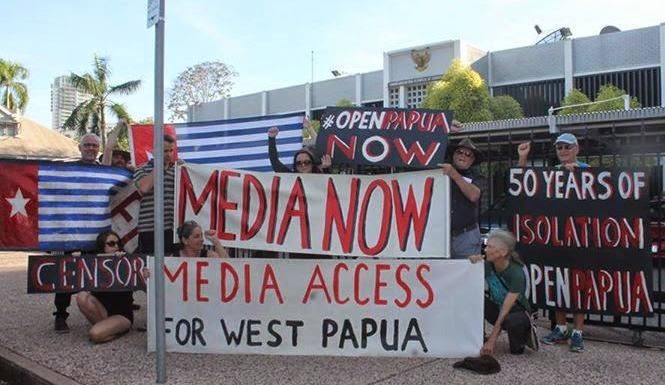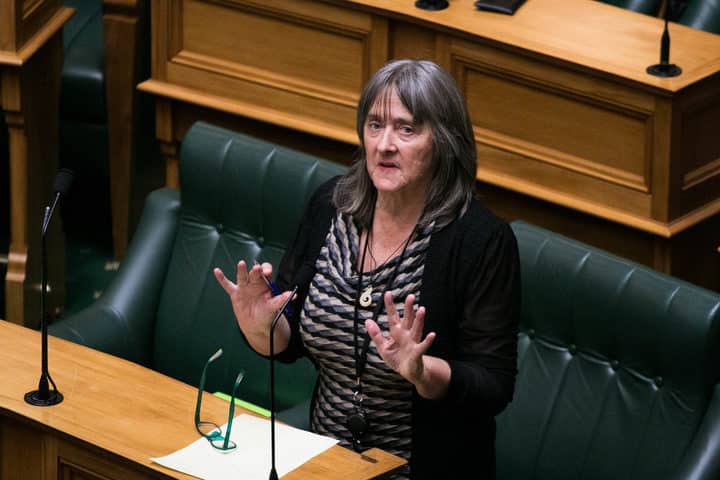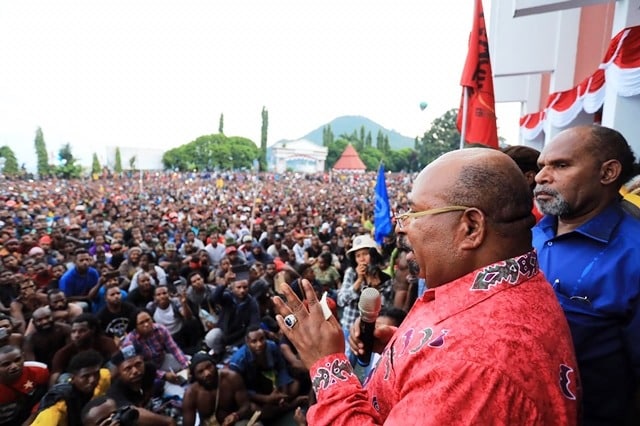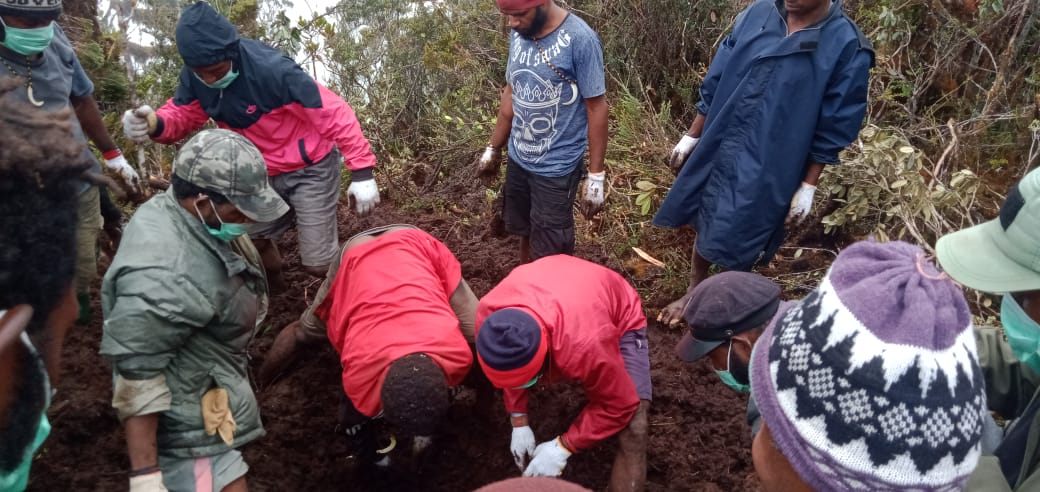
By Michael Hart
In the Indonesian province of West Papua, a movement for independence has existed since the early 1960s. Located at the country’s easternmost point, West Papua came under Indonesian control in a disputed UN-backed referendum in 1969, sparking an independence struggle which has taken place far from the gaze of the outside world.
Over the past five decades these seemingly intractable conflicts have been largely forgotten by those outside the region. In recent years however, the dispute has gained greater international attention as a result of more organized efforts on the part of independence activists, alongside a growing network of concerned politicians around the globe.
Yet despite this upturn in media coverage, civil society action and political maneuvering, the call for a new referendum on West Papua’s future remains unlikely to be granted.
Over the last five decades, information on the situation in West Papua has been difficult to obtain and verify, as foreign journalists and non-governmental organizations have largely been banned from the province. However, numerous human rights violations have reportedly been carried-out by the Indonesian security forces, including accusations of torture, murder, intimidation and arbitrary arrests. In addition, many people from other parts of Indonesia have been moved into the province, in what could be viewed as an attempt to lessen the influence of West Papuan culture.
The conflict long-ago reached a point of stalemate, with the dispute refusing to recede despite the fact that almost 50 years have passed since the original referendum took place. There are multiple reasons why the dispute has become so intractable, not to mention the firmly-ingrained competing interpretations of the situation, which prevail on each side of the debate.
From the perspective of the West Papuan independence movement, the grievances felt in the 1960s have not subsided over time, and continue to drive the struggle today. First and foremost, the perceived historical injustice at the way the referendum was conducted remains strong. Other secondary factors have added to this feeling of injustice in the years since, including reports of human rights violations, cultural marginalization and economic disadvantages.
From the perspective of the Indonesian government, the territory was always rightfully obtained under a legal referendum, with the result sanctioned by the UN, thus resulting in legitimacy to govern and support from the international community.
Many of Indonesia’s allies and closest neighbors – notably Australia – have long supported Indonesia’s sovereignty over West Papua. The province has come to occupy a central location in Indonesia’s national imagination, and is of huge economic importance due to its rich mineral resources. As a result, Indonesia has gone great lengths to secure control over the area, through maintaining a strong military presence and effectively closing the region off to international observers.
In recent years, Indonesia has been accused of carrying-out large-scale arrests of demonstrators and members of the independence movement, whilst the government has repeatedly urged other nations to respect Indonesia’s sovereignty. In this sense, the status-quo has undergone little change.
Yet last year, the independence campaign appeared to pick up pace, with a global conference on West Papua held in London in May 2016. Members of the ‘Free West Papua’ movement were in attendance, along with members of the ‘International Parliamentarians for West Papua’ (IPWP) group, including the current UK Labour Party leader Jeremy Corbyn. At the meeting, prominent pro-independence leader Benny Wenda urged the UN to initiate and supervise a new vote for independence in West Papua, to make up for the perceived failings of the 1969 UN-backed vote.
The reinvigorated pro-independence campaign serves as evidence that despite Indonesia’s tight control of the province, and despite doubts over whether West Papua would be able to survive as an independent nation, calls for a new referendum are unlikely to subside. In fact, the independence movement appears to be more resilient and better-organized than at any time in recent history.
The involved parties are aware that persuading Indonesia to hold a new referendum is an unlikely prospect. Yet irrespective of the campaign’s long-term success or failure in terms of achieving an independence vote, it serves an important purpose in raising awareness of the human rights situation faced by civilians in West Papua.(*)
Michael Hart is Freelance Writer & Researcher, run a weblog: geopoliticalconflict.com
Editor: Zely Ariane
















